
Gleno: A Hidden Gem in Timor-Leste’s Highlands
Nestled in the lush highlands of Timor-Leste, Gleno offers a unique escape from the hustle and bustle of city life. With its cool climate and stunning landscapes, this small town is a refreshing retreat for nature lovers and adventure seekers alike. The surrounding hills and valleys provide a perfect backdrop for hiking, bird watching, and exploring the rich biodiversity of the region. Gleno is also a cultural treasure trove. The local markets are bustling with activity, offering a peek into the daily lives of the Timorese people. Here, you can find handmade crafts, fresh produce, and traditional foods that will tantalize your taste buds. The friendly locals are always eager to share stories about their heritage and traditions, making your visit even more enriching. The town itself is charming with its quaint architecture and serene atmosphere. A stroll through Gleno will reveal beautiful colonial-era buildings, colorful gardens, and serene churches. Don't miss a visit to the local coffee plantations, where you can learn about the coffee-making process and savor some of the best brews in Timor-Leste. Whether you are looking for adventure, culture, or relaxation, Gleno promises an unforgettable experience.
Local tips in Gleno
- Bring comfortable walking shoes for hiking and exploring the town.
- Visit the local markets early in the morning for the freshest produce and best selection of handmade crafts.
- Carry a light jacket, as the highlands can get cool, especially in the evenings.
- Try the local coffee – Gleno is known for its excellent coffee plantations.
- Engage with the locals; they are very friendly and can offer great insights into the culture and history of the area.
Gleno: A Hidden Gem in Timor-Leste’s Highlands
Nestled in the lush highlands of Timor-Leste, Gleno offers a unique escape from the hustle and bustle of city life. With its cool climate and stunning landscapes, this small town is a refreshing retreat for nature lovers and adventure seekers alike. The surrounding hills and valleys provide a perfect backdrop for hiking, bird watching, and exploring the rich biodiversity of the region. Gleno is also a cultural treasure trove. The local markets are bustling with activity, offering a peek into the daily lives of the Timorese people. Here, you can find handmade crafts, fresh produce, and traditional foods that will tantalize your taste buds. The friendly locals are always eager to share stories about their heritage and traditions, making your visit even more enriching. The town itself is charming with its quaint architecture and serene atmosphere. A stroll through Gleno will reveal beautiful colonial-era buildings, colorful gardens, and serene churches. Don't miss a visit to the local coffee plantations, where you can learn about the coffee-making process and savor some of the best brews in Timor-Leste. Whether you are looking for adventure, culture, or relaxation, Gleno promises an unforgettable experience.
When is the best time to go to Gleno?
Iconic landmarks you can’t miss
Cristo Rei of Dili
Experience the breathtaking views and spiritual significance of the iconic Cristo Rei of Dili, a monumental symbol of faith and hope in East Timor.
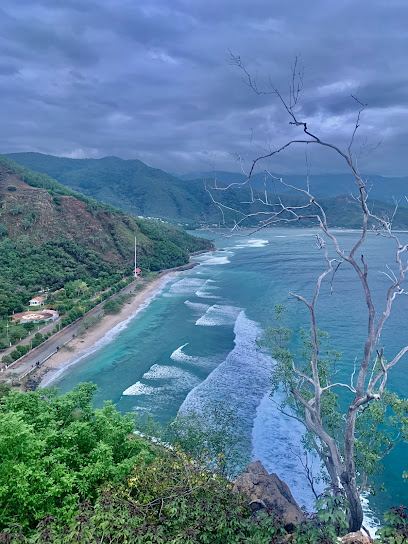
Timorese Resistance Archive & Museum
Explore the rich history of Timor-Leste at the Timorese Resistance Archive & Museum, a profound tribute to the country's fight for independence.
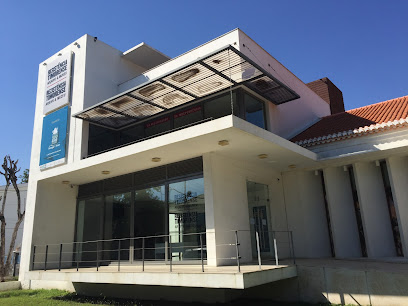
Tatamailau
Explore the breathtaking heights of Tatamailau, Timor-Leste's highest peak, for stunning landscapes and unforgettable hiking experiences.
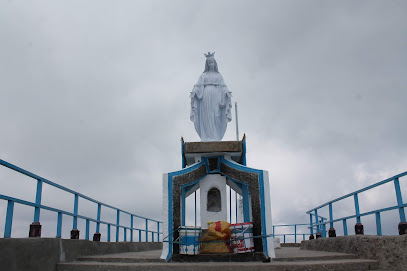
Tais Market
Explore Tais Market in Dili, Timor-Leste, where vibrant traditions meet local commerce in a colorful cultural experience.
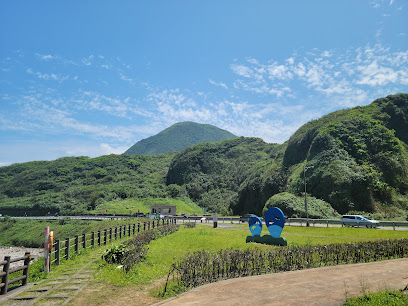
Atauro Dive Resort- Timor Leste
Discover the breathtaking underwater world and serene beauty of Atauro Island at Atauro Dive Resort, your perfect getaway in Timor Leste.

Malinamoc Paradise
Experience luxury and tranquility at Malinamoc Paradise, a premier resort hotel in Dili, Timor-Leste, where breathtaking views and exceptional service await.
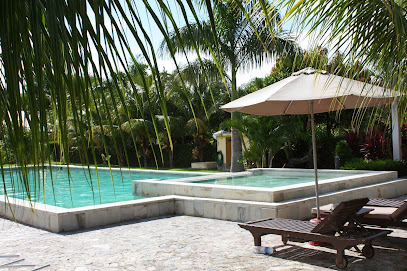
Barry's Place
Discover the tranquility of Barry's Place in Beloi, a resort hotel offering stunning views, comfortable accommodations, and a gateway to East Timor's natural beauty.

Largo de Lecidere
Explore the lush greenery and cultural richness of Largo de Lecidere, a tranquil park in the heart of Dili, perfect for relaxation and local engagement.
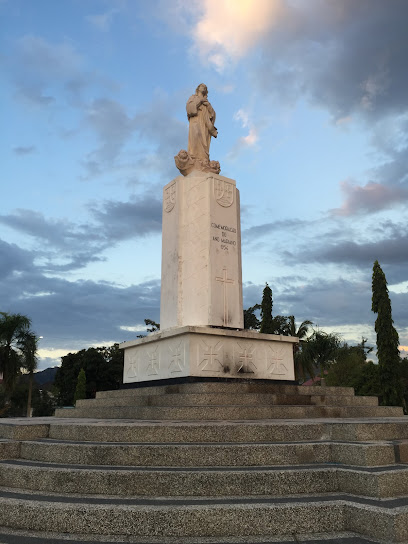
Immaculate Conception Cathedral
Discover the Immaculate Conception Cathedral, the largest Catholic cathedral in East Timor, showcasing stunning architecture and rich cultural history in Dili.
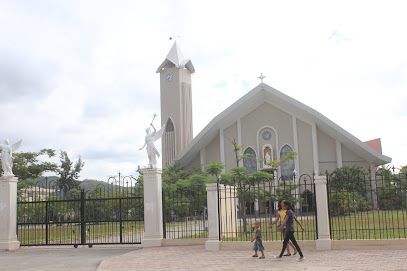
Dive Timor Lorosae
Explore the underwater wonders of Timor-Leste with Dive Timor Lorosae, where adventure meets tranquility in Dili's vibrant marine paradise.
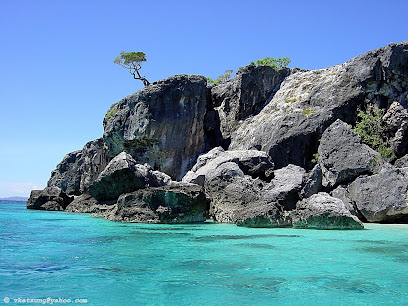
Farol
Discover the serene beauty of Farol Beach in Dili, a perfect blend of relaxation, culture, and stunning sunsets.
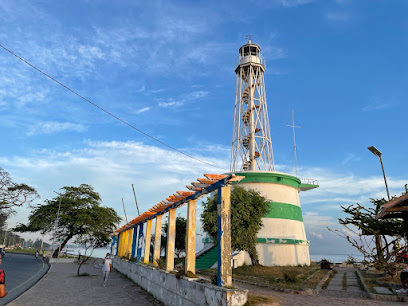
Dolok Oan (Cristo Rei Back Beach)
Explore the tranquil beauty of Dolok Oan, Cristo Rei Back Beach, where stunning views and rich culture meet along the captivating Dili coastline.
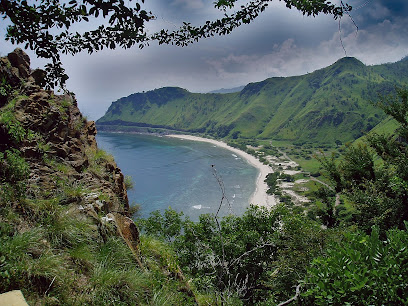
Church of Saint Anthony of Motael
Explore the historic Church of Saint Anthony of Motael in Dili, a serene landmark reflecting Timor-Leste's rich Catholic heritage and vibrant culture.
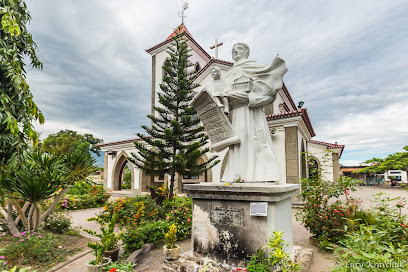
One Dollar Beach
Discover the tranquil beauty of One Dollar Beach in Timor-Leste, where pristine sands and clear waters create a perfect paradise for relaxation and adventure.
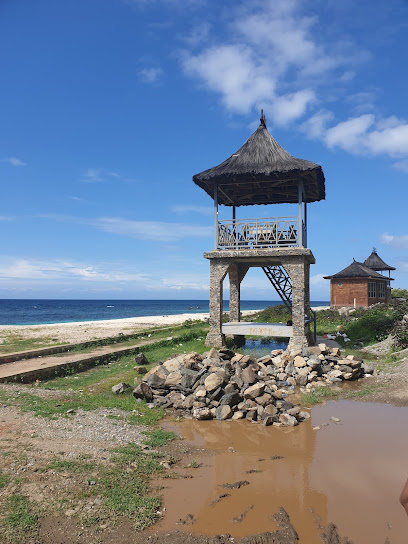
Aquatica Dive | Timor Leste / East Timor
Experience the breathtaking underwater beauty of Timor Leste with Aquatica Dive, your premier scuba tour agency in Dili.
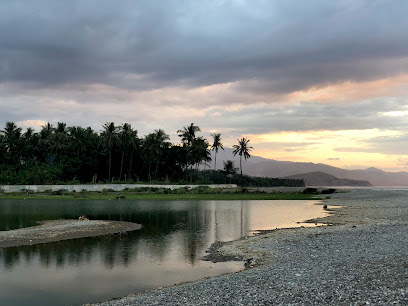
Unmissable attractions to see
Timorese Resistance Archive & Museum
Explore the Timorese Resistance Archive & Museum in Dili for an insightful journey through East Timor's brave struggle for independence and cultural resilience.
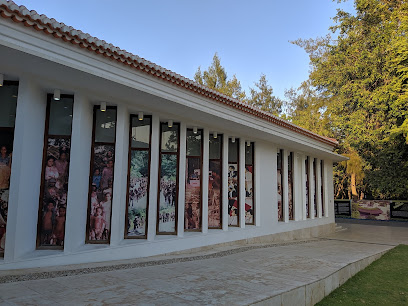
Immaculate Conception Cathedral
Explore Dili's Immaculate Conception Cathedral, a stunning architectural gem and spiritual haven reflecting Timor-Leste's rich culture and history.
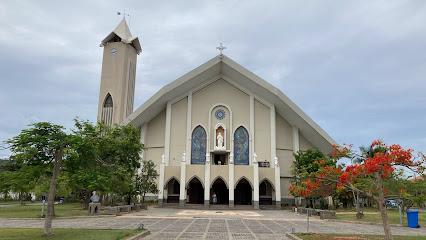
Centro Nacional Chega!
Discover the profound history of Timor-Leste at Centro Nacional Chega!, a museum dedicated to the nation's struggle for independence and human rights.
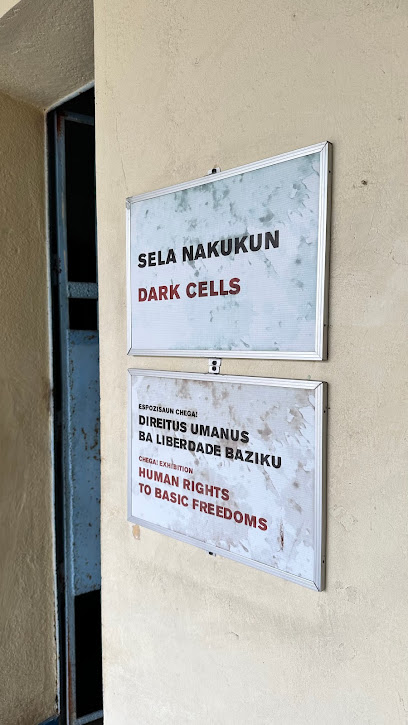
Beloi beach
Experience the serenity and natural beauty of Beloi Beach in Timor-Leste, a perfect getaway for relaxation and adventure in one stunning destination.
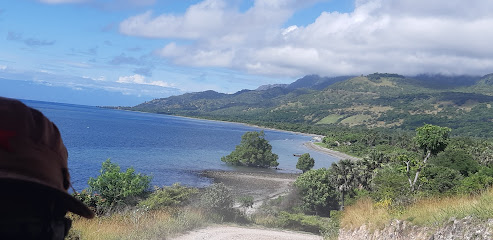
Centro Audiovisual Max Stahl Timor Leste
Explore the rich audiovisual heritage of Timor-Leste at Centro Audiovisual Max Stahl, a museum dedicated to preserving the nation's cultural history.
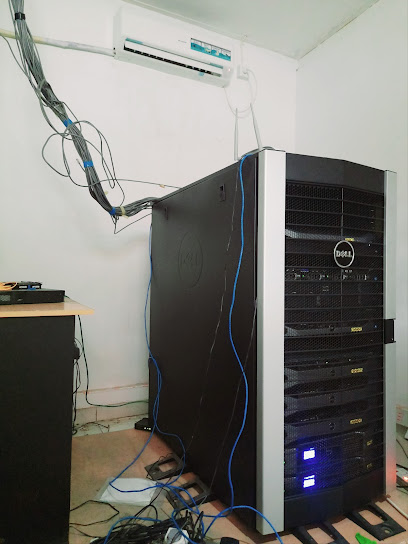
Lou-Huno Waterfall
Explore the captivating beauty of Lou-Huno Waterfall, a natural paradise in Timor-Leste offering adventure, tranquility, and stunning scenery.
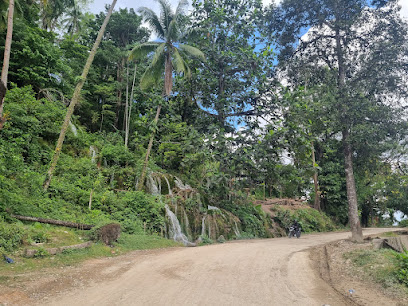
Balibo Veterans' Museum
Explore the poignant history of Timor-Leste at the Balibo Veterans' Museum, a tribute to resilience and the fight for independence.
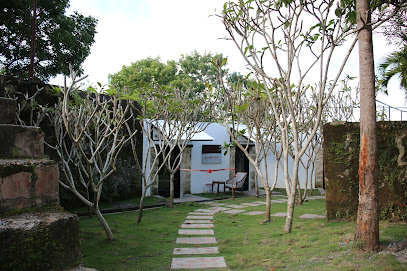
Essential places to dine
Castaway Bar and Restaurant
Discover delicious cuisine with stunning coastal views at Castaway Bar and Restaurant in Dili.
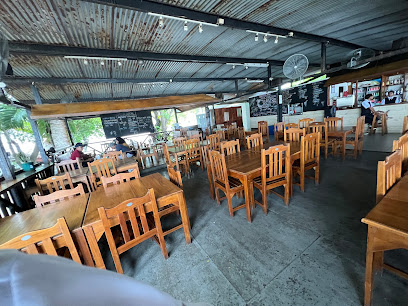
Osteria Italiana
Experience the essence of Italy at Osteria Italiana in Dili – where every dish tells a story of tradition and flavor.
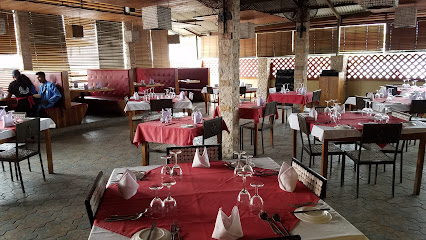
El Legendario
Discover El Legendario: Dili's premier restaurant offering authentic Timorese cuisine and international flavors in a vibrant setting.
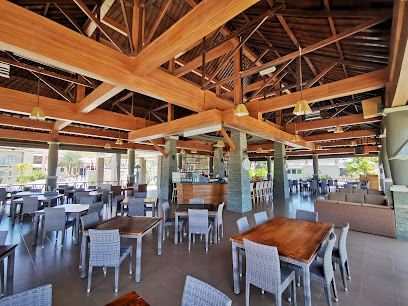
Agora Food Studio
Experience the rich flavors of Timor-Leste at Agora Food Studio – where local ingredients meet culinary creativity.
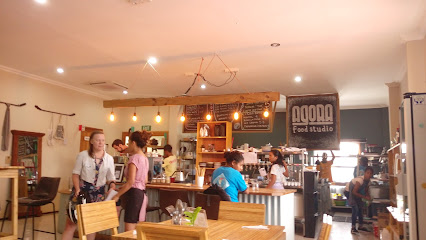
Ocean View Restaurant
Experience breathtaking ocean views and delicious cuisine at Ocean View Restaurant in Díli, where every meal becomes an unforgettable memory.
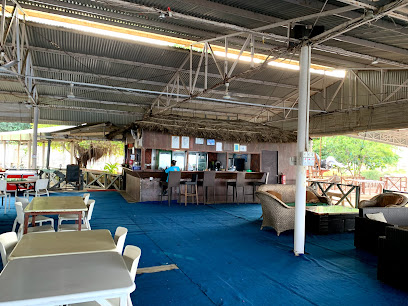
Panorama Restaurant & Sky Bar
Experience stunning views and delightful cuisine at Panorama Restaurant & Sky Bar in Dili - where every meal is a celebration of Timorese flavors.
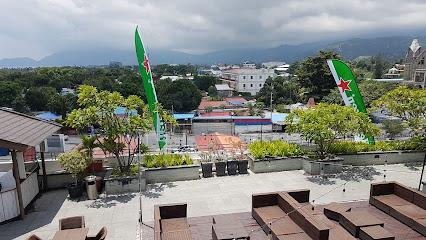
Tito's Restaurant
Experience authentic Portuguese cuisine at Tito's Restaurant in Dili - where every dish tells a story of tradition and flavor.
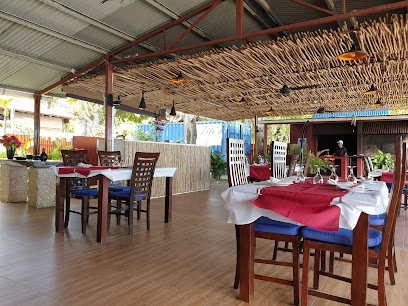
Dilicious Timor
Experience authentic Timorese cuisine at Dilicious Timor – where every dish tells a story of flavor and tradition.
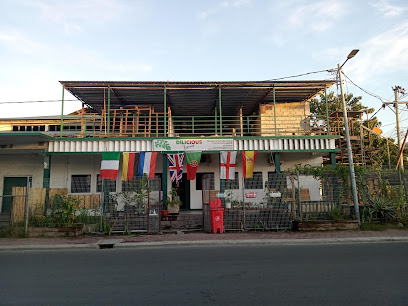
Projeto Montanha
Discover authentic Timorese cuisine surrounded by breathtaking landscapes at Projeto Montanha in Aileu.
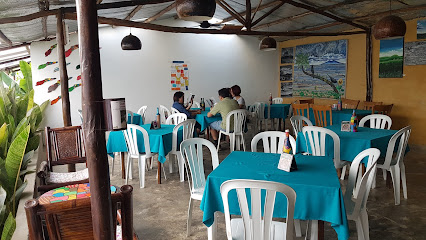
Great Wall Restaurant
Experience authentic Chinese flavors at Great Wall Restaurant in Dili, where tradition meets taste in a welcoming atmosphere.
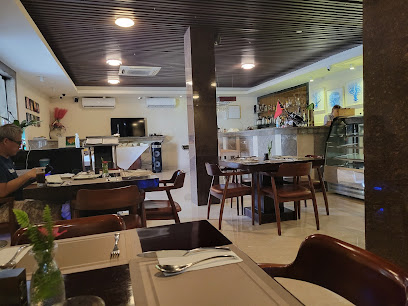
New 88 Restaurant
Discover authentic Timorese flavors at New 88 Restaurant in Dili—where every meal tells a story of culture and tradition.
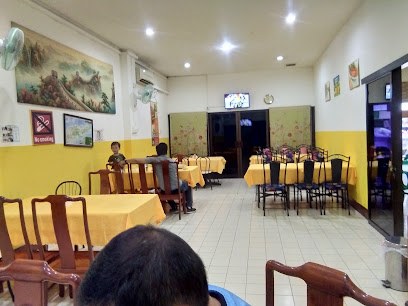
Nha Casa Restaurant
Discover exquisite local and international cuisine at Nha Casa Restaurant in Dili – where every meal tells a story.
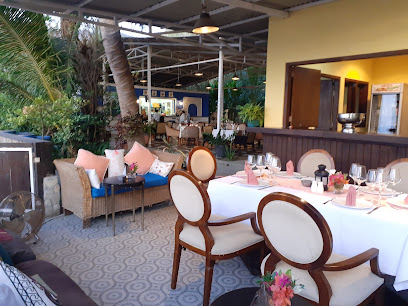
Jade Garden Restaurant
Savor the flavors of Timor at Jade Garden Restaurant - where local ingredients meet culinary creativity in Dili.
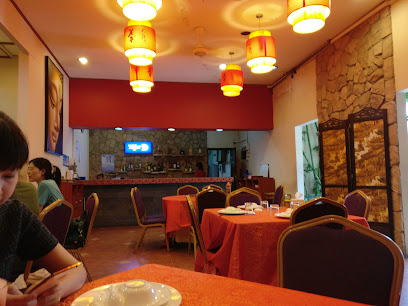
Green Resto
Experience authentic Timorese flavors at Green Resto in Díli – where local ingredients meet culinary creativity.
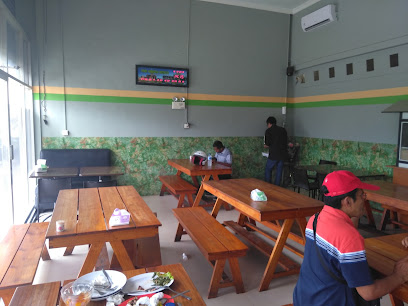
Temasek Restaurant
Discover authentic Timorese flavors at Temasek Restaurant in Dili – where every dish tells a story.
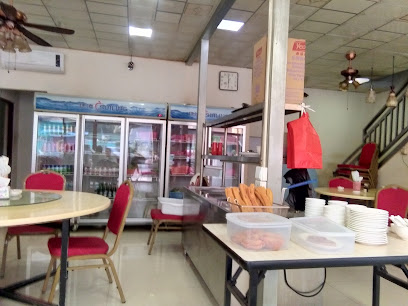
Markets, malls and hidden boutiques
Oil Paintings For Sale
Discover the artistic soul of Dili with exquisite oil paintings and local craftsmanship that capture the essence of Timor-Leste.
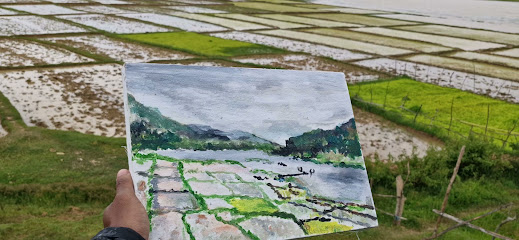
Gleno Market
Discover the vibrant Gleno Market, a cultural gem filled with local produce, handmade crafts, and a lively atmosphere, perfect for every tourist.
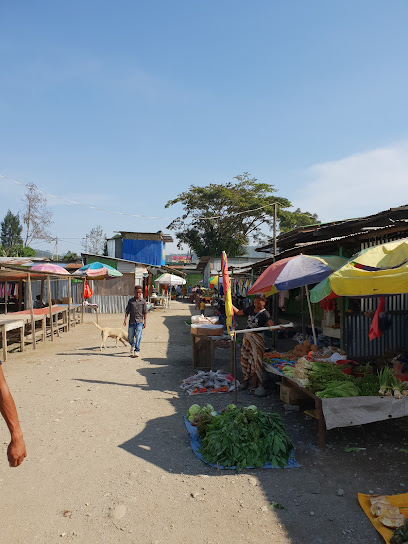
Things and Stories
Explore Things and Stories in Dili Port: A treasure trove of unique home goods and artisanal crafts reflecting Timorese culture.
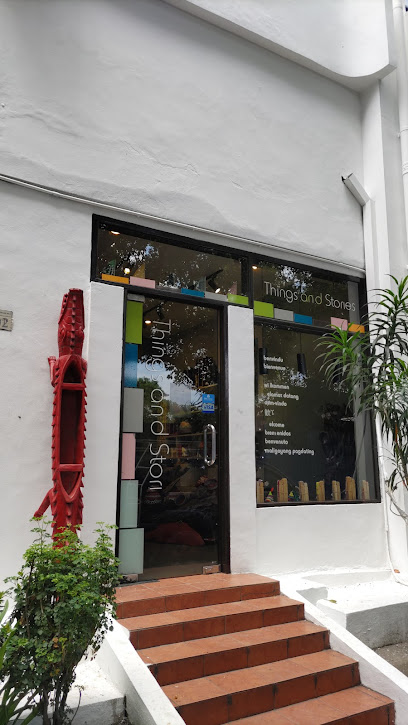
Amagai Store
Explore the vibrant Amagai Store in Gleno for unique clothing that captures the essence of Timor-Leste's rich cultural heritage.
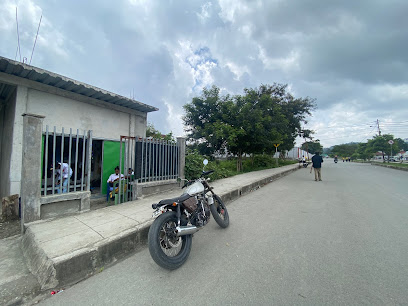
Future Univen Karpintaria,(Gleno)
Discover exquisite handcrafted furniture at Future Univen Karpintaria in Gleno, the perfect blend of tradition and modern design.
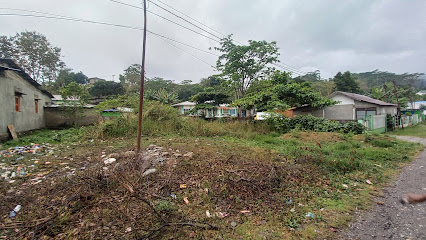
Alkemis Kafetaria
Experience the perfect blend of stunning views and exceptional coffee at Alkemis Kafetaria in Gleno, a must-visit for all coffee enthusiasts.
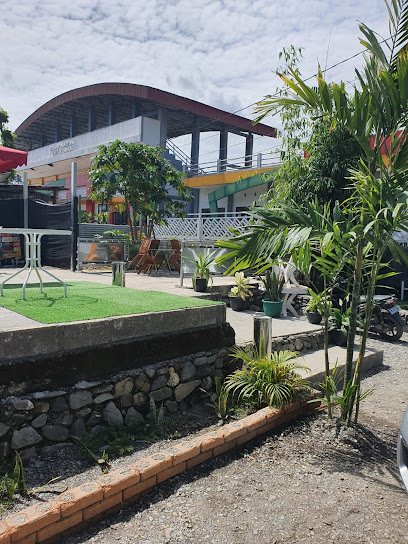
Fatuquro Meubel Lao Hamutuk Unip.LDA
Explore the charm of Railaco at Fatuquro Meubel Lao Hamutuk Unip.LDA, where authentic Timorese home goods await your discovery.

Ida nee Shop
Discover the spirit of East Timor at Ida nee Shop, your go-to destination for unique gifts and local crafts in Díli.
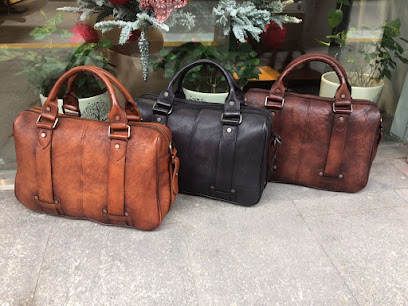
Devril Ezriel Hadia Telefone
Discover the latest in computer accessories at Devril Ezriel Hadia Telefone, Gleno's premier tech destination for tourists and locals alike.
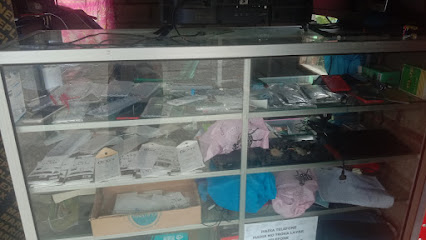
KMH UNIPESSOAL,LDA
Explore KMH UNIPESSOAL, LDA in Gleno for all your building material needs in East Timor.
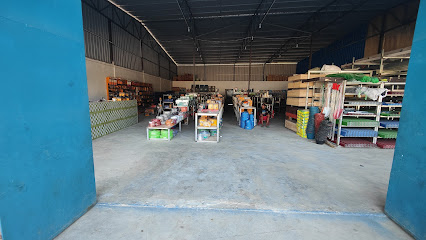
Rental Bacer Unip. Lda
Explore Gleno's premier office supply store with essential materials for all your business needs.
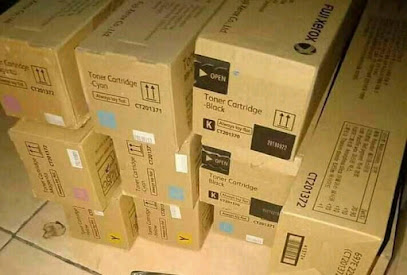
Nayzha Motor
Discover eco-friendly transportation at Nayzha Motor, your premier electric motor scooter dealer in Gleno, Timor-Leste.
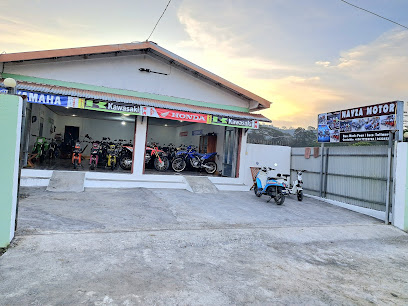
GBROLI Olshop
Discover the vibrant fusion of traditional and modern styles at GBROLI Olshop in Díli, your go-to clothing store for unique Timorese fashion.
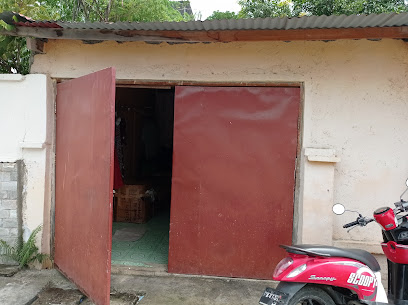
Loja Aimet Rema
Discover local treasures and vibrant shopping at Loja Aimet Rema, Gleno’s premier shopping mall featuring a unique blend of goods and cultural experiences.

Loja Estrela
Explore Loja Estrela in Gleno for unique local crafts and a rich cultural experience, perfect for finding memorable souvenirs.

Essential bars & hidden hideouts
Spooners Bar and Grill
Experience the vibrant flavors of Dili at Spooners Bar and Grill, where local cuisine meets a lively atmosphere.
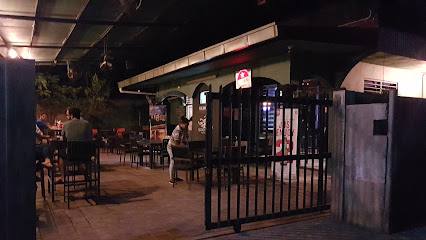
Olé Bar & Tapas
Discover the vibrant flavors of Spain at Olé Bar & Tapas in Dili, where every dish tells a story of culinary tradition and passion.
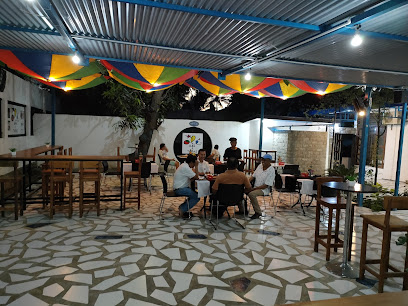
Ponkys Cocktail Lounge
Experience the vibrant nightlife of Dili at Ponkys Cocktail Lounge, where expertly crafted cocktails meet a lively ambiance.
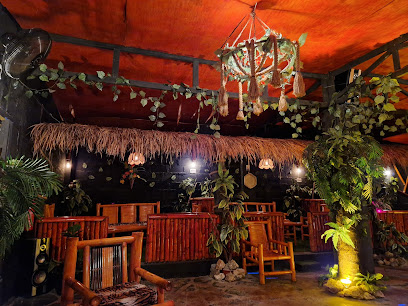
Incanto Coffee & Bar
Discover Incanto Coffee & Bar, a cozy retreat in Nain Feto Subdistrict, offering delightful beverages and a welcoming atmosphere for every tourist.
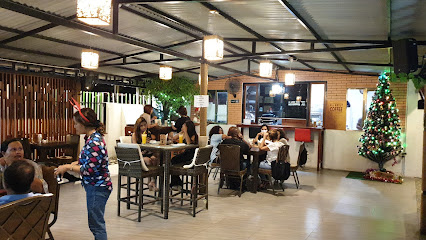
Reggae Bar
Discover the vibrant atmosphere of Reggae Bar in Dili, where music and culture blend seamlessly for an unforgettable night out.

OrG Restourant & Caffe
Discover the vibrant flavors of Asian cuisine at OrG Restaurant & Caffe in Gleno, where every dish is a culinary masterpiece.
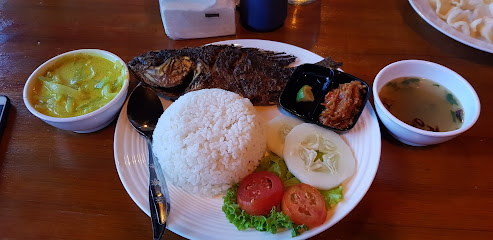
Mr. Frango
Experience the vibrant nightlife of Dili at Mr. Frango, where good drinks and great company await in a lively atmosphere.
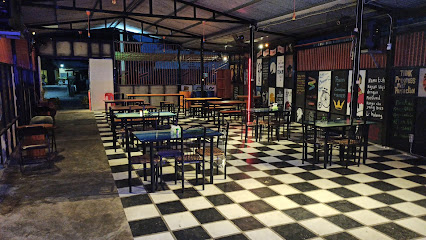
Restaurante Maya
Discover the essence of Gleno's culinary delights at Restaurante Maya, where fresh ingredients meet traditional recipes.
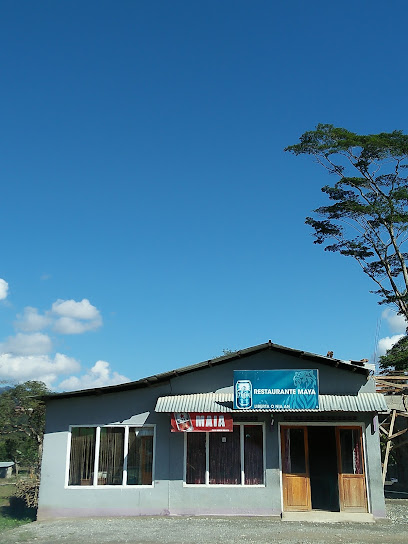
Lopez nirvana
Unwind at Lopez Nirvana - a serene bar in Díli offering stunning views, refreshing drinks, and a welcoming atmosphere for every traveler.

Liquor Saksaur
Experience the vibrant nightlife at Liquor Saksaur, Ainaro's favorite bar for local and international drinks in a lively atmosphere.
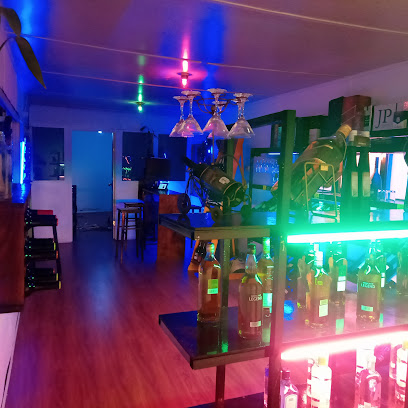
Riskin dedeus
Discover the authentic flavors of Gleno at Riskin dedeus, a charming diner that showcases local culinary traditions.

Sonio Bistro
Experience the charm of Timor-Leste at Sonio Bistro, where local flavors and a vibrant atmosphere come together in a delightful bar setting.

Sangaria 24 horas
Experience the vibrant flavors and lively atmosphere at Sangaria 24 Horas, Manleuana's premier cocktail bar, perfect for unwinding after a day of exploration.

Restaurant Dollatije
Discover the authentic flavors of Gleno at Restaurant Dollatije, where local ingredients meet traditional recipes in a warm, inviting setting.
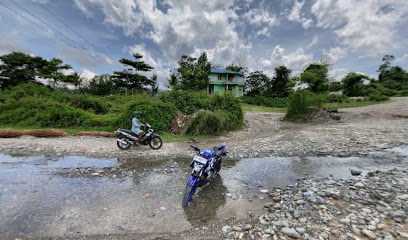
Rumah Makan Maudio
Discover the essence of Timorese flavors at Rumah Makan Maudio, Gleno's premier restaurant for authentic local cuisine.
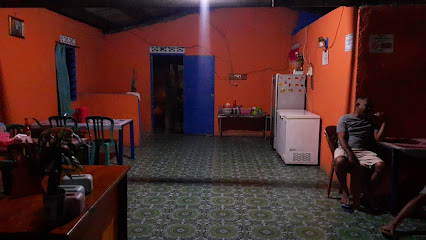
Local Phrases
-
- HelloBondia
[bon-dee-ah] - GoodbyeAdeus
[ah-deh-oos] - YesSim
[seem] - NoLae
[lie] - Please/You're welcomeFavor
[fah-vohr] - Thank youObrigadu
[oh-bree-gah-doo] - Excuse me/SorryDeskulpa
[dehs-kool-pah] - How are you?Diak ka lae?
[dyahk kah lie] - Fine. And you?Diak. O ita?
[dyahk oh ee-tah] - Do you speak English?Ita hakerek Ingles?
[ee-tah hah-keh-rek een-glehs] - I don't understandLa kompriende
[lah kohm-pree-en-deh]
- HelloBondia
-
- I'd like to see the menu, pleaseHau hakarak hare menu, favor
[how hah-kah-rahk hah-reh meh-noo fah-vohr] - I don't eat meatHau la haka'as karne
[how lah hah-kah-ahs kahr-neh] - Cheers!Timor!
[tee-mohr] - I would like to pay, pleaseHau hakarak nesesidade, favor
[how hah-kah-rahk neh-seh-see-dah-deh fah-vohr]
- I'd like to see the menu, pleaseHau hakarak hare menu, favor
-
- Help!Ajuda!
[ah-joo-dah] - Go away!Ba oin!
[bah oh-een] - Call the Police!Kode Polisia!
[koh-deh poh-lee-see-ah] - Call a doctor!Kode dotor!
[koh-deh doh-tohr] - I'm lostHau lakon
[how lah-kohn] - I'm illHau moras
[how moh-rahs]
- Help!Ajuda!
-
- I'd like to buy...Hau hakarak hola...
[how hah-kah-rahk hoh-lah] - I'm just lookingHau deit hare
[how deh-eet hah-reh] - How much is it?Kuantu valor ne'e?
[kwahn-too vah-lohr neh-eh] - That's too expensiveNe'e karu liu
[neh-eh kah-roo lee-oo] - Can you lower the price?Ita bele loke precu?
[ee-tah beh-leh loh-keh preh-soo]
- I'd like to buy...Hau hakarak hola...
-
- What time is it?Horas ne'e ki'ik?
[hoh-rahs neh-eh kee-eek] - It's one o'clockHoras ki'ik ida
[hoh-rahs kee-eek ee-dah] - Half past (10)Tuir metade (10)
[tweer meh-tah-deh (dohs)] - MorningMane
[mah-neh] - AfternoonTarde
[tahr-deh] - EveningKalan
[kah-lahn] - YesterdayOhin-tan
[oh-een-tahn] - TodayOhin
[oh-een] - TomorrowLoron-wain
[loh-rohn-wah-een] - 1Ida
[ee-dah] - 2Rua
[roo-ah] - 3Tolu
[toh-loo] - 4Apat
[ah-paht] - 5Lima
[lee-mah] - 6Neen
[neen] - 7Hitu
[hee-too] - 8Ualu
[wah-loo] - 9Sia
[see-ah] - 10Sanulu
[sah-noo-loo]
- What time is it?Horas ne'e ki'ik?
-
- Where's a/the...?Iha ne'e...
[ee-hah neh-eh] - What's the address?Enderecu nia?
[ehn-deh-reh-soo nee-ah] - Can you show me (on the map)?Ita bele hatama hau (iha map)?
[ee-tah beh-leh hah-tah-mah how (ee-hah mahp)] - When's the next (bus)?Kanek bus ida oin?
[kah-nek boos ee-dah oh-een] - A ticket (to ....)Bilhete (to ....)
[beel-yeh-teh (to ....)]
- Where's a/the...?Iha ne'e...
History of Gleno
-
Gleno, located in the Ermera district of Timor-Leste, traces its origins back to the Portuguese colonial period. The town served as a modest administrative center during this time, playing a role in the broader network of Portuguese control over Timor-Leste, which began in the early 16th century.
-
The fertile lands surrounding Gleno made it a prime location for coffee cultivation, a key industry introduced by the Portuguese. Coffee from Gleno and the greater Ermera district became renowned for its quality, contributing significantly to the region's economy and cultural landscape.
-
During World War II, Gleno, like much of Timor-Leste, fell under Japanese occupation. The town witnessed significant military activity and disruption as local resistance, including the efforts of the Timorese and Australian commandos, sought to undermine Japanese control.
-
Following the departure of the Portuguese in 1975, Gleno was engulfed in the turmoil of the Indonesian invasion and subsequent occupation of Timor-Leste. The town experienced political and social upheaval, with many residents participating in the resistance movement against Indonesian rule.
-
Gleno played a role in the national struggle for independence, which culminated in a UN-supervised referendum in 1999. The town, along with the rest of the country, endured significant conflict and destruction during this period but emerged as part of an independent Timor-Leste in 2002.
-
Since gaining independence, Gleno has seen various development projects aimed at rebuilding and revitalizing the community. Efforts have focused on improving infrastructure, education, and healthcare, while preserving the rich cultural heritage of the town and its surroundings.
Gleno Essentials
-
Gleno is located in the Ermera District of Timor-Leste. The nearest international airport is Presidente Nicolau Lobato International Airport in Dili, approximately 30 kilometers away. From Dili, you can take a taxi or a minibus (microlet) to Gleno, which typically takes around 1 to 1.5 hours by road. It's advisable to confirm the fare before starting your journey.
-
Gleno is a relatively small town, and many of its attractions are accessible on foot. For longer distances, local taxis and minibuses (microlets) are available and affordable. Motorbike rentals are also a popular option for more adventurous travelers. Be aware that road conditions can vary, so drive carefully.
-
The official currency in Timor-Leste is the US Dollar (USD). Credit cards are not widely accepted in Gleno, so it is advisable to carry cash for most transactions. There are a few ATMs in Gleno, but it's a good idea to withdraw sufficient cash in Dili before traveling to ensure you have enough funds.
-
Gleno is generally a safe destination for tourists. However, it is advisable to take standard precautions. Avoid walking alone at night in unfamiliar areas and keep an eye on your belongings in crowded places. While there are no specific high-crime areas targeting tourists, staying vigilant and aware of your surroundings is always recommended.
-
In case of emergency, dial 112 for immediate assistance. The local police station and medical facilities are available in Gleno. It is recommended to have travel insurance that covers medical emergencies. For minor health issues, there are pharmacies in the town where you can purchase over-the-counter medications.
-
Fashion: Do dress modestly, especially when visiting religious sites. Avoid wearing revealing clothing. Religion: Do respect local customs and traditions. Always cover your head when entering churches and other religious sites. Public Transport: Do be respectful and give up your seat to elderly passengers. Don’t eat or drink on public transport. Greetings: Do greet people with a handshake or a friendly nod. A smile goes a long way in showing respect. Eating & Drinking: Do try local delicacies and accept food offerings graciously. Don’t refuse hospitality, as it is considered impolite.
-
To experience Gleno like a local, visit the local markets where you can buy fresh produce and traditional Timorese goods. Engage with locals, who are often friendly and willing to share stories about the area’s history and culture. Don’t miss visiting the coffee plantations, as Ermera District is famous for its high-quality coffee. For a unique experience, take a guided hike in the nearby mountains for breathtaking views and a glimpse into rural Timorese life.
Trending Landmark in Gleno
-
Cristo Rei of Dili
-
Timorese Resistance Archive & Museum
-
Tatamailau
-
Tais Market
-
Atauro Dive Resort- Timor Leste
-
Malinamoc Paradise
-
Barry's Place
-
Largo de Lecidere
-
Immaculate Conception Cathedral
-
Dive Timor Lorosae
-
Farol
-
Dolok Oan (Cristo Rei Back Beach)
-
Church of Saint Anthony of Motael
-
One Dollar Beach
-
Aquatica Dive | Timor Leste / East Timor
Nearby Cities to Gleno
-
Things To Do in Ermera
-
Things To Do in Aileu
-
Things To Do in Dili
-
Things To Do in Bobonaro
-
Things To Do in Same
-
Things To Do in Suai
-
Things To Do in Baucau
-
Things To Do in Lospalos
-
Things To Do in Darwin
-
Things To Do in Makassar
-
Things To Do in Bali
-
Things To Do in Manado
-
Things To Do in Balikpapan
-
Things To Do in Surabaya
-
Things To Do in Yogyakarta





